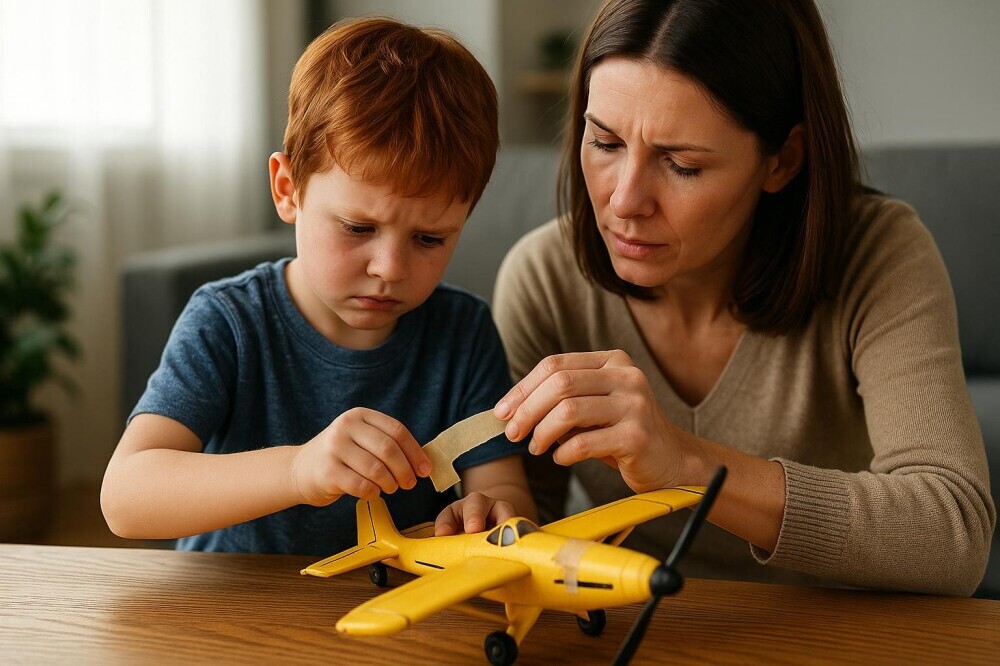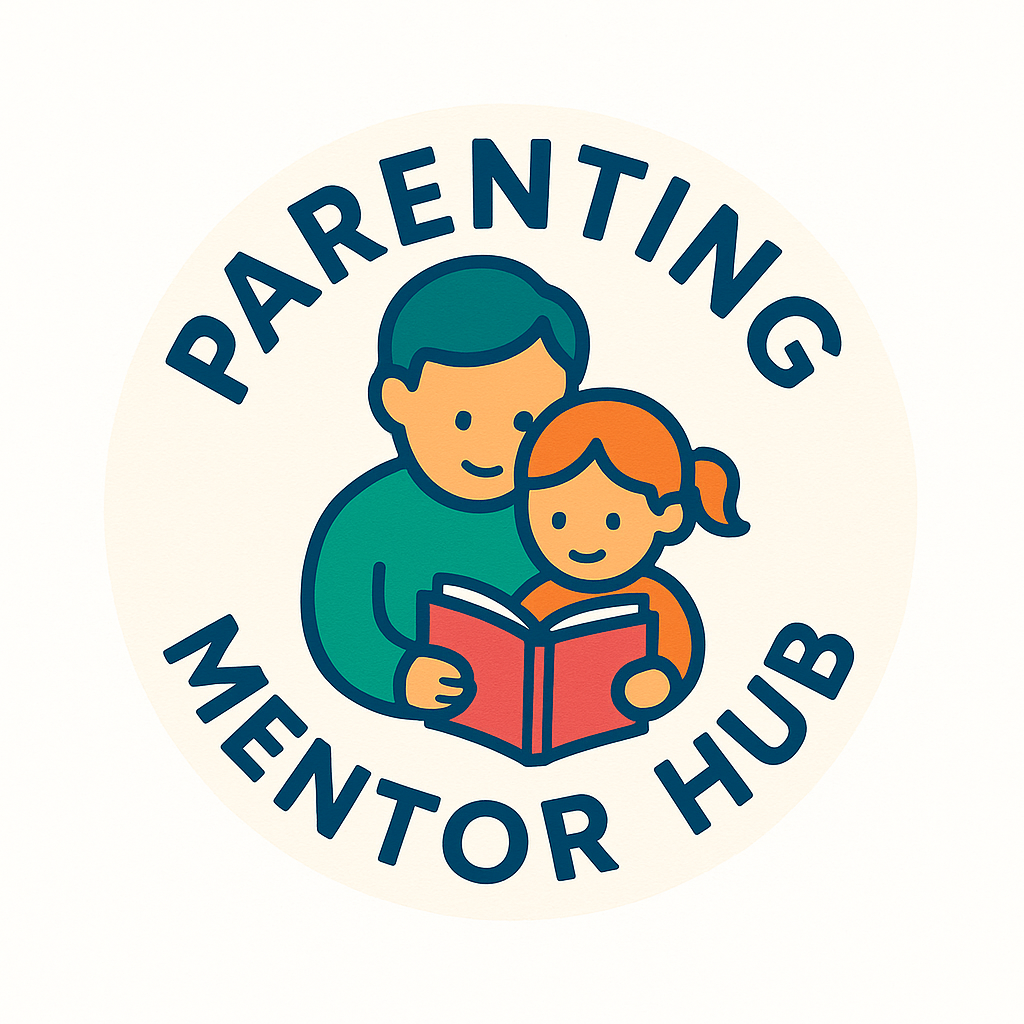
From the moment children begin exploring the world, they learn that their actions influence outcomes. Understanding cause and effect is a fundamental skill that fosters responsibility and independence.
Consider Katie, who put off working on her school project despite having two weeks to complete it. She kept delaying, thinking she’d have plenty of time. When the deadline finally arrived, her rushed attempt wasn’t enough, and she received no marks. She was disappointed, but learned a valuable lesson. This experience taught her the importance of planning ahead and not leaving things until the last minute.
Instilling Accountability Through Everyday Lessons
Children benefit greatly from understanding consequences – not as a form of punishment, but as a way to learn responsibility. Accountability fosters problem-solving and decision-making skills that serve them well throughout life.
Discipline plays a crucial role in this learning process. Setting clear expectations and consistently following through helps children grasp the real-world impact of their choices. Discipline works best when paired with empathy. It is important that the child knows why you make certain rules. You want them to make the right choice because they know it is the right choice, not because they are afraid that they may be punished.
Incorporating Consequences into Daily Life
Routine activities provide excellent opportunities to teach children about consequences. Everyday interactions – like disputes over toys – help children understand how their actions impact others.
For example, if one child grabs a toy without asking, leading to tears and frustration, guiding them through conflict resolution teaches them to consider others’ feelings. Positive reinforcement is just as crucial as addressing poor decisions, ensuring children recognize the value of making thoughtful choices.
Navigating Social Interactions with Empathy
Social interactions offer valuable lessons in accountability. When children understand that their behaviour affects those around them, they learn important social skills.
Take a playground scenario: Tom pushes a friend in a game, causing a minor fall. His friend is upset, and the game is disrupted. By helping Tom see the situation through his friend’s perspective, he learns about kindness and respect.
Understanding mistakes, as well as good behaviour and good choices, reinforces these social lessons. When children take initiative to include others or offer help, as a parent you should acknowledge their positive actions. This builds their confidence and encourages good habits.
Constructive Consequences and Personal Growth
Constructive consequences help children develop accountability in practical ways. Learning from real-life situations strengthens their ability to make responsible choices.
For example, Emma eagerly spent her weekly allowance on sweets, leaving nothing for the school trip she had been excited about. Her parents did not top up her allowance and she learned a valuable lesson about managing money.
As a parent, you play a key role in fostering these lessons. Providing clear rules and explanations helps children connect cause and effect to their actions. Creating an environment that supports growth rather than using punishment ensures that learning from consequences becomes a natural part of childhood.
By helping children understand that every single action has a consequence – good or bad – as a parent you prepare them for life’s challenges, equipping them with essential skills for adulthood.
Small accidents can offer big learning opportunities. Here’s a simple story that shows how a broken toy became a lesson in responsibility for one young boy.
Tommy’s Broken Toy
Tommy loved his toy airplane. It soared through the air performing daring loops and dives. Tommy knew that he was only supposed to fly it in the park, but one day he just couldn’t resist and flew it in his bedroom. The airplane crashed against the wall, snapping its wing clean off.
His heart sank. He ran to his mum, holding the broken toy, hoping she could fix it.
She knelt down and said gently, “Tommy, do you remember that we said you should only fly it in the park? Now you know what happens when you play with it in your bedroom.”
Tommy frowned, realising his mistake. “Can we fix it?” he asked.
His mum handed him some tape and helped him mend the wing. “It won’t fly quite the same, but you’ve learned something really important. When we make a rule like this, there is a reason. Everything we do has a result — good or bad. That’s what people mean when they say ‘actions have consequences.’ I’m sure you’ll hear me say that again one day!”
Tommy nodded, holding his patched-up airplane with new understanding.
These small mishaps – like Tommy’s broken airplane – are actually valuable lessons in disguise. It’s far better for a child to learn about cause and effect through minor accidents than to face bigger, more dangerous consequences later. A scraped knee from running too fast teaches caution – better than riding a bike too recklessly and crashing into a wall. These early experiences gently shape their understanding, helping them build responsibility and awareness before the stakes become higher.
Understanding the importance of consequences is one thing — seeing how it plays out in everyday life is another. If you’d like to see how these ideas can work in everyday parenting moments, take a look at my next article: Teaching Children That Actions Have Consequences: Everyday Examples.
